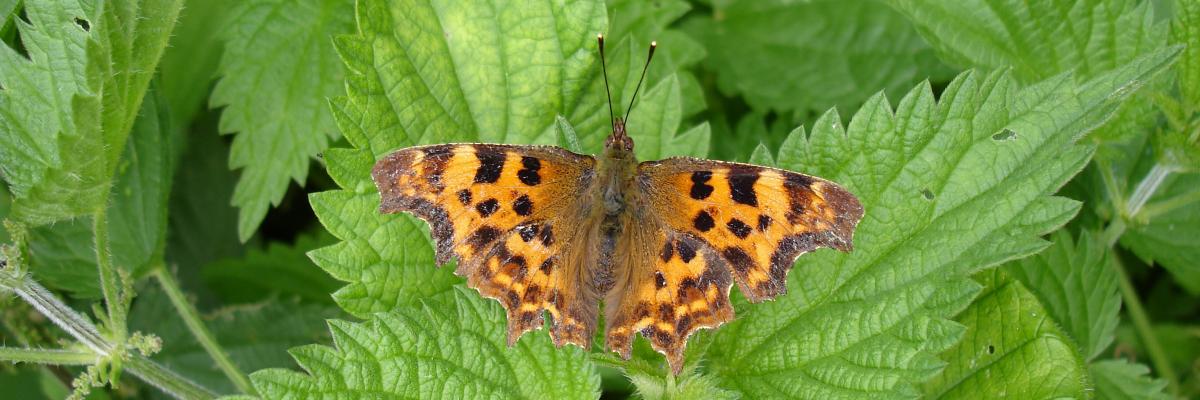

Increasing wild pollinators on your farm: a low cost approach
Download the PDF
Our pollinators contribute around £690 million a year to the UK economy yet their numbers are continuing to decline. Whether its bees, wasps, flies, butterflies, moths or beetles - more than 6,000 species of invertebrate can provide pollination services to varying levels. All of them require not just food (pollen/nectar) but nesting and overwintering sites too. More action is needed to prevent further losses and with funding support from Defra, the Greater Lincolnshire Nature Partnership worked with farmers to develop a suite of measures than are practical to implement on farms. This new resource sets out the ways that farmers can help wild pollinators survive and thrive based on the principle that if everyone puts in place low level changes, the cumulative impact will be great.
- By taking a whole farm approach to pollinator conservation, farmers can maximise the use of areas such as yards and amenity grassland to enhance habitat without taking more land out of production.
- Recognising the value of existing habitat is vital to ensure management becomes a conscious decision to support pollinators and can help complement existing measures as part of agri-environment or voluntary schemes.
- Examples include timely topping of areas of nettles, rather than spraying off, to ensure larval habitat for a number of common butterflies is provided.
- Making small tweaks to wild bird seed mixes, game covers and cover crops to include one or two pollinator-friendly species can maximise the benefits of these existing areas by providing late season pollen/nectar supplies.
(Header image: Comma butterfly on nettles. Photo credit: Charlie Barnes, GLNP)
